How to Plan for a Trip.
For some, planning a trip can be as exciting as the trip itself. For others, it can be a stressful exercise.
Where to start when planning for a trip?
We’ve gone to so many places over the years that I pretty much have a set “planning procedure” in my head. I cover the main points of that in this post – they ensure that everything goes smoothly when you get to your destination.
Pre-book the things you want to See and Do
One of the fun aspects of planning a trip is to book the main activities you want to see and do. They’re usually the main reasons you book a trip somewhere, so – after booking flights – they should be the first things you pre-book.
For example, if you’re visiting Granada (it’s where we live right now) then you’ll need to pre-book tickets for the Alhambra, one of the most popular sites in Spain. That can be done on official websites or, if you want to take a tour, on a website like GetyourGuide. Similarly, If you plan on doing a road trip through Costa Rica, you should always pre-book your car rental (Costa Rica is a popular place and cars are always in shortage during holiday periods). We use Booking.com for that.
In the past I would often travel for business and, being a big hockey fan, would make it a point to attend hockey games in the different cities I visited (New York, Winnipeg and Chicago for example). If you’re a big hockey fan, check the cost of NHL tickets on this website. Watching a hockey game in another NHL city was something I always loved doing.
The point is that you should pre-book the activities that made you decide on your destination in the first place.

Travel Light
When we first started travelling we would always overpack. It was due to overplanning: thinking of every possible scenario that could present itself and packing accordingly (¨maybe we’ll go to a fancy restaurant? I better pack a jacket!”).
We’ve learned over the years. Lugging our stuff around was just too much work and the airlines were getting strict about overweight baggage. It just wasn’t worth carrying around clothes we weren’t wearing and having to pay $250 for overweight baggage (which happened a few times).
We now travel light; one small rolling suitcase and one backpack each. We never check anything in (which means we save on airfare) and it makes travelling around infinitely easier.
What do we usually pack? Usually 2 pairs of pants, 2 t-shirts, 1 long-sleeve thin shirt, 1 collared shirt, 1 thicker (warmer) hoodie, 5 pairs socks, 5 pairs underwear, 1 pair of shoes (2 for Lissette). We pack basically no toiletries (always best to get when you arrive). Electronics: we both pack computers but they’re sleek and take little room, a camera each (we like taking our own photos), a cell phone each. There´s of course accessories like chargers, adaptors, USB cards – all important but they don’t take up much room.
Of course some items differ depending on the destination and the season but remember, you can always buy something at your destination if you need it. I cover our packing list in much more detail here.
Plan your communications
How will you communicate the second you land at your destination? It seems obvious but you should plan ahead. We once landed in Romania in the dead of night and the hotel pickup wasn’t there as promised, the wifi in the airport didn´t work and there were no taxis around. A good Samaritan helped us out and we were able to use her phone to call the hotel.
These days I need to be hooked up to internet when I arrive somewhere. So what to do?
Before going somewhere, I’ll always research what telephone companies have stores in the airport where I’ll arrive. In Europe I’ll usually check to see if there’s a Vodafone. In Mexico it’s Telcel.
On my last trip to Mexico I was scheduled to arrive at 5am, when no stores would be open. So I did something different: I bought a Mexico eSim plan (which is only slightly more expensive than a physical Sim card). There are many companies that offer that these days. It worked perfectly.
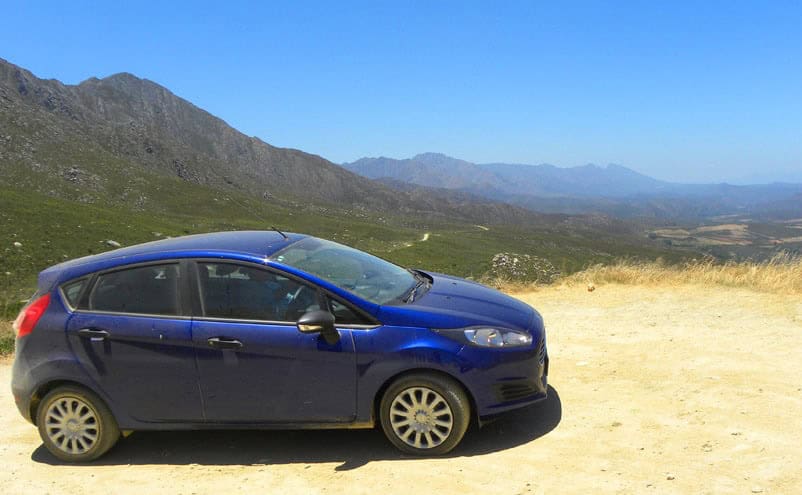
Use Technology to plan ahead
Related to the above…
I think Google Maps is one of the best things ever created and rely heavily on it, not just when I arrive somewhere but even before that.
I check to see how far from the airport my hotel or Airbnb is going to be. I scout the vicinity of the hotel/Airbnb and see what restaurants or cafés are nearby (best to do that before you arrive at your destination, it saves you time). Google Maps shows you the distance to sites and venues, even shows you how to get from point A to point B using public transport.
I’m a big user of Uber (they’ll save you a lot of money over taxis) and of Airbnb so these are essential apps I need to access when I travel.
There are many websites that I use for planning different aspects of travel; Rome2rio helps me plan trips to destinations around where I’m going, currency apps help me check how much things should cost in local currency, and I use both Wise and my banking apps for money matters.
Keep Your Travel Documents Safe
There are 3 things I never want to lose when I travel: my passport, my wallet and my phone. Anything else is replaceable, but lose any of these 3 things and it’s a major headache.
I wear North Face pants with multiple secure pockets when I travel. I have a pocket for each of the items I’ve mentioned. I like to have them all on my body.
But just in case, I have a backup: I keep a digital copy of all my documents on my computer as well as on my phone.
A Tip: take a photo of your luggage. If ever you lose it then at least you can show airport personnel a photo. It might help you as well (sometimes I forget what my own suitcase looks like).
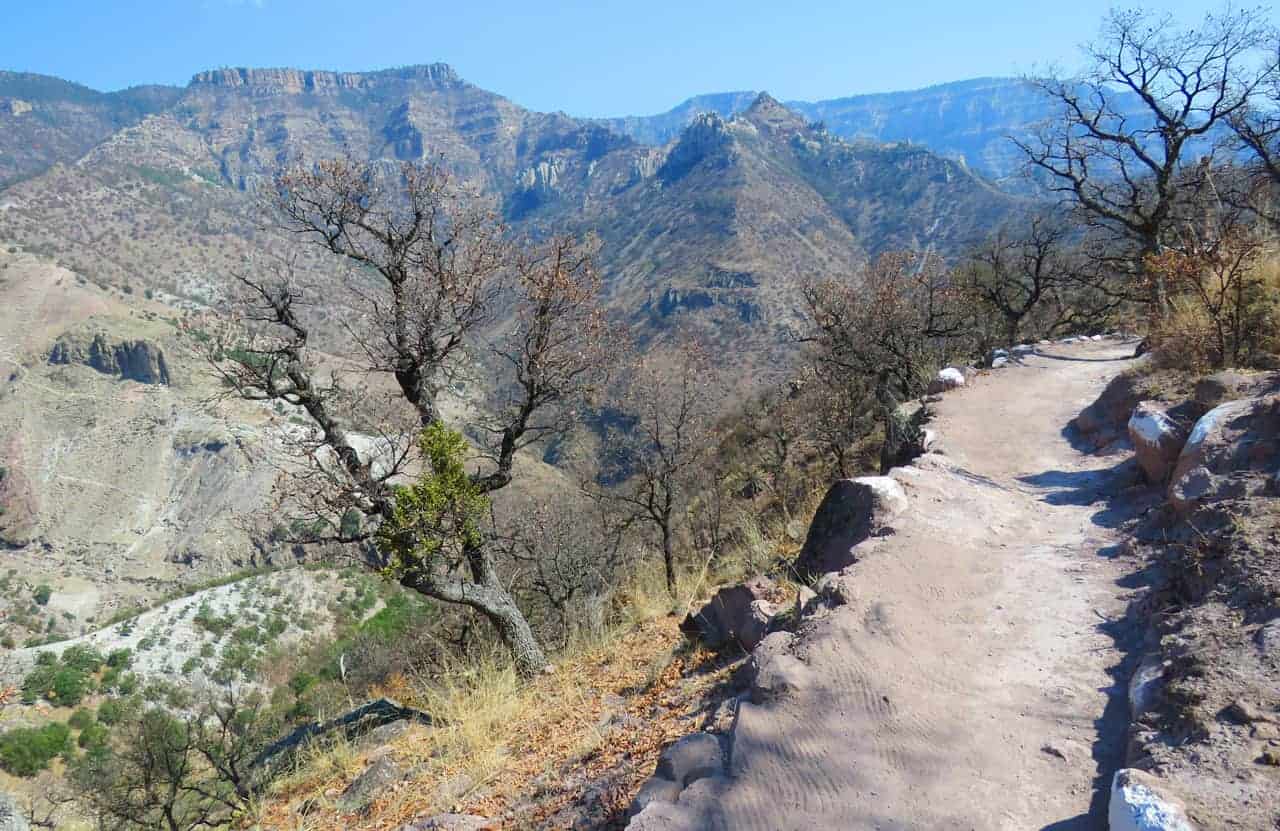
Learn at least 2 words in the Local Language
I’m not great at languages so I’m not going to suggest that you can learn a language in a few weeks or even a few months.
But there are 2 words I always make a point to learn: ¨Hello” and “thank you”. Locals appreciate it and you’ll endear yourself (especially if you massacre the pronunciation).
Learn some country basics
I once had a nasty shopkeeper in Turkey agitatedly point at the bill of local currency in my hand while asking “Who, Who??”. Obviously he thought I was an idiot coming to his country with zero knowledge.
“Ataturk” I calmly responded. He begrudgingly nodded and shut up.
* Mustafa Kemal Atatürk was the first president of Turkey and features prominently on the local currency.
It’s good to learn some basics about a country you’re visiting: history, prominent figures, cultural norms, dress codes, and things that should be avoided in all conversation.
Know what to do in an emergency
What number do you call in an emergency? (911 in North America, 112 in Europe). Are you covered should something happen? (do you have health insurance?). Where’s the nearest consulate of your home country? You should note their telephone number. You should also have the telephone number of a contact person at your bank as well as for your credit card company.
We’ve never had a case for any of the above but you never know when something happens…
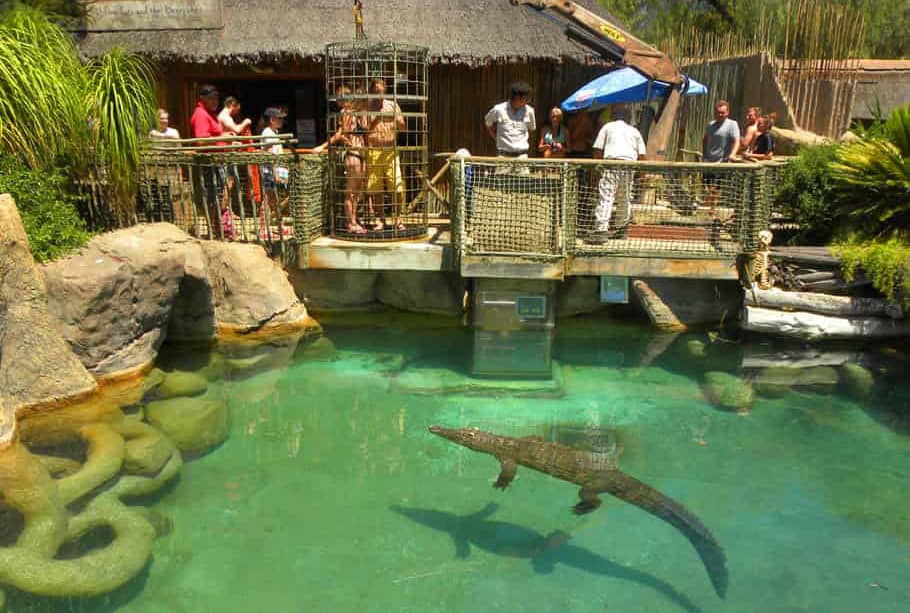
Don’t sweat the small stuff
I’ve kept to the basics above, covering aspects of planning that will help you travel easier, safer and in a more organized fashion. I’m a big believer that it’s good to be prepared but that you shouldn’t be too structured when it comes to travel. Don’t overplan the minutia of a trip, allow yourself to be spontaneous, to change plans and to be open to people and events that come your way. It’s often these moments that are the most memorable when you travel.
Related: How I research (and choose) a travel destination
Related: Is it safe to Travel? The weird and scary from 6 years of full-time travel

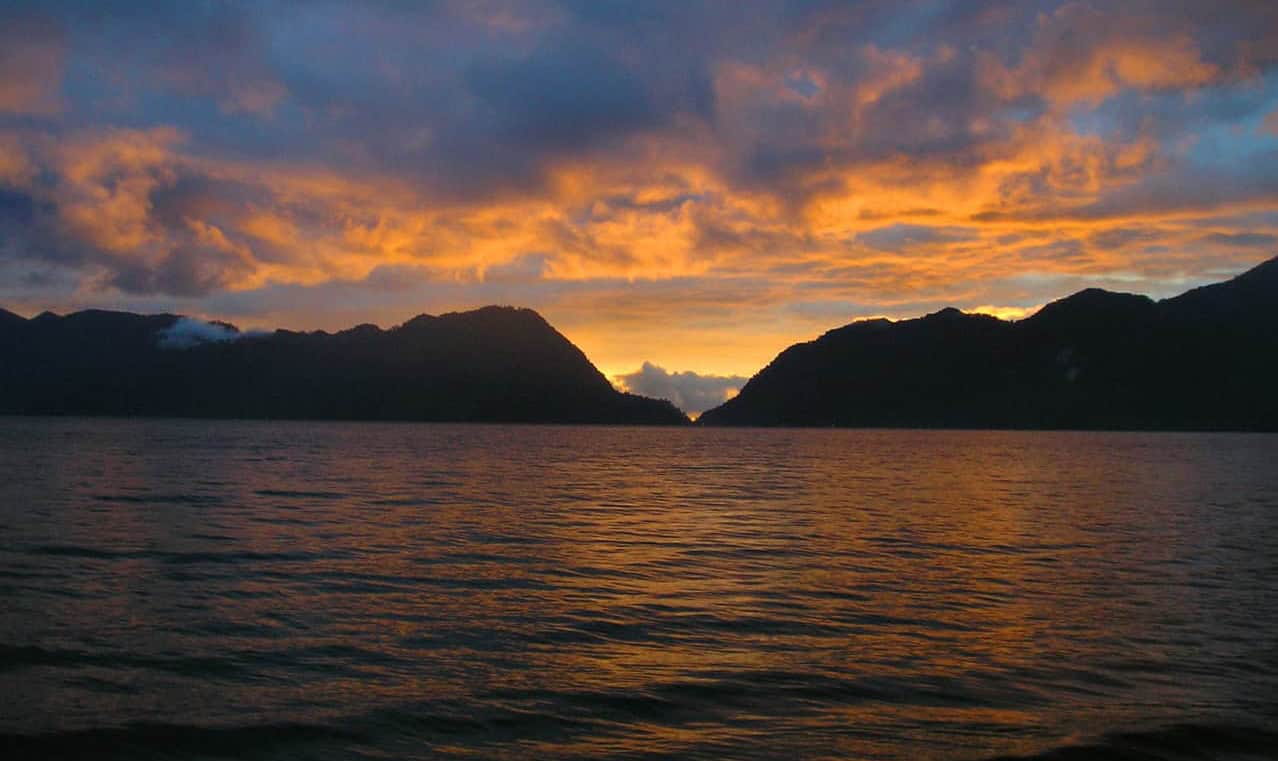


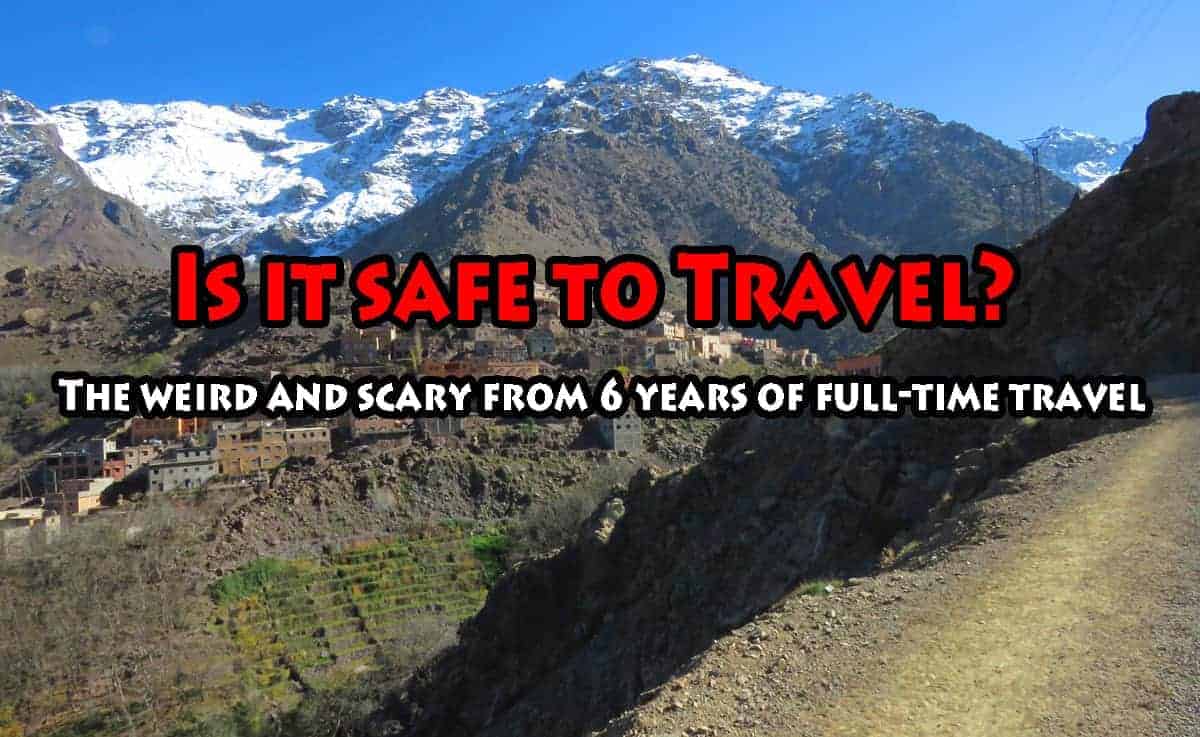
Leave a Reply